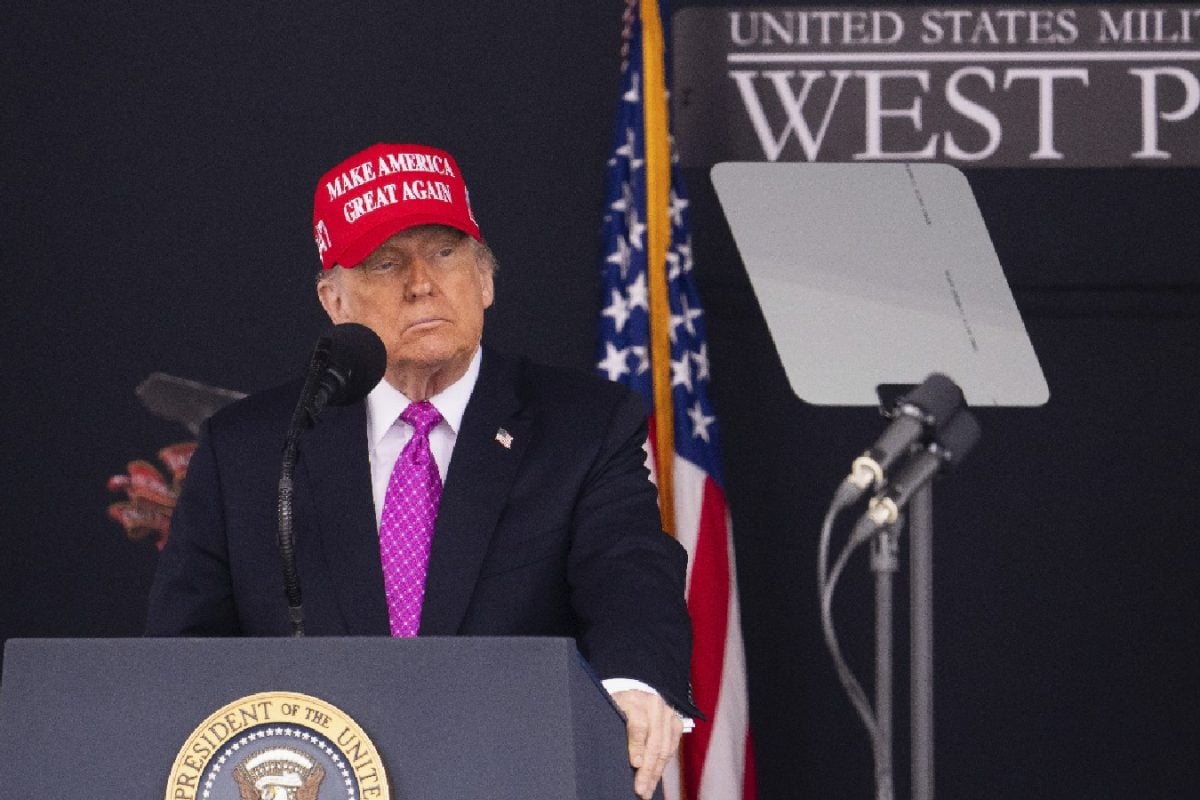

A proposed 3.5% US tax on remittances sent by non-citizens is causing concerns for Indian Non-Resident Indians (NRIs) and could potentially impact foreign exchange inflows into India. This measure, included in the "One Big Beautiful Bill Act," is part of a broader legislative package in the United States. The tax, set to take effect in 2026, targets international money transfers made by non-US citizens, including Green Card holders, H-1B visa holders, students, and other temporary workers.
The US remains a crucial source of remittances for India. In 2023-24, India received approximately $118.7 billion in inward remittances, with about 28% (approximately $32 billion) originating from the US. The proposed tax could significantly affect the Indian diaspora, comprising around 2.9 million immigrants in the US, many of whom regularly send money to support families, pay tuition, or make investments back home.
The 3.5% tax will be levied on each remittance, potentially reducing the amount received by families in India. For instance, sending $10,000 would incur a tax of $350. Experts suggest this could discourage remittances and prompt increased US investments. The Global Trade Research Initiative (GTRI) estimates a potential 10-15% drop in remittance volume, translating to a $12-18 billion annual shortfall for India. Other estimates suggest a potential cost of over USD 1 billion each year in foreign exchange inflow.
The tax is expected to affect nearly 50 million people in the US, including Green Card holders, non-immigrant visa holders, and unauthorized immigrants. Only US citizens and nationals using "qualified" money transfer providers are exempt, potentially creating data privacy and compliance challenges for remittance service providers.
The proposed tax has raised concerns about its impact on the Indian economy and the valuation of the Indian Rupee against the US dollar. A reduced supply of US dollars in India's foreign exchange market could put depreciation pressure on the Rupee, possibly weakening it by Rs 1-1.5 per US dollar. Some experts believe the Reserve Bank of India (RBI) might need to intervene more frequently to stabilize the currency.
There are varied opinions on the extent of the potential economic impact. While some economists believe the tax will only have a marginal impact on the flow of remittances and the current account deficit, others warn of a more significant impact on household consumption and investment.
It's important to note that the bill is still under consideration. The "One Big Beautiful Bill Act" has passed the House of Representatives and is awaiting Senate approval. The exact impact will depend on the fine print of the law, potential offsets, and adjustments in remittance behavior.
In anticipation of the tax, NRIs might explore alternative strategies such as:
While the long-term consequences are still uncertain, the proposed 3.5% remittance tax has raised concerns among NRIs and sparked discussions about its potential impact on India's foreign exchange inflows and economy. It remains to be seen how the Indian diaspora and the Indian government will respond to this evolving situation.